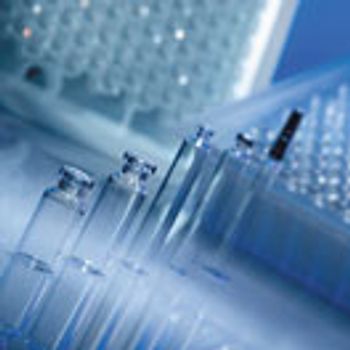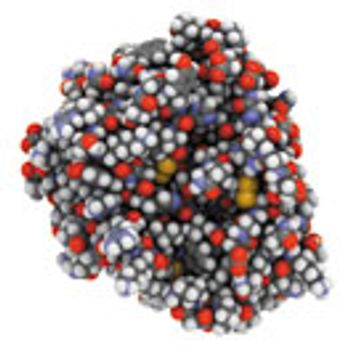
PAT, quality by design, process controls, and analytical advances for small- and large-molecule drugs are on agenda for IFPAC 2017.

PAT, quality by design, process controls, and analytical advances for small- and large-molecule drugs are on agenda for IFPAC 2017.

SGS invested in test equipment for analyzing extractables and leachables at its New Jersey laboratory.

Vetter expanded visual inspection facilities and controlled-temperature storage at its Ravensburg Vetter West facility in Germany.

Researchers from Cellectis investigate how external signals in the tumor microenvironment could control the cell-surface expression and specificity of engineered CARs.

Language surrounding regenerative medicine and the REGROW Act appeared back into the 21st Century Cures Act right before it passed. What will this mean for the controversial testing and marketing of stem-cell therapies?

The companies will combine expertise on T-cell therapies with two or more binding domains to create novel oncology medications.

UK-based Orchard Therapeutics and PharmaCell ally to support clinical trials and commercialization of Orchard’s ex-vivo gene therapies.

The company was cited by FDA for violations of sterile processing GMPs.

Prokarium in the UK and Probiomed in Mexico hope to demonstrate large-scale production of oral vaccines that will reduce cost compared to injections and improve availability.

Consider best practices for placing, maintaining, and calibrating temperature sensors.

The authors describe the development and validation of a highly sensitive point-of-use pressure decay test.

Primary packaging and container design reflects a move to patient-friendly formulations and delivery systems.

Excipient selection strongly influences lyophilization performance for biologic drugs.

There is much work to do to achieve efficient, cost-effective production processes.

This study aims at understanding the differences between porcine and bovine trypsin from both pancreatic and recombinant origins.

A Q&A with PCI Pharma Services about best practices for choosing and maintaining temperature sensors in cold and cryogenic storage.

Baxter will acquire Claris Injectables Limited, adding additional generic injectable capabilities to the company’s porfolio.

Emergent signed a follow-up contract to provide 29.4 million doses of BioThrax to the Strategic National Stockpile.

Univercells received a grant from the Bill & Melinda Gates Foundation for the development of a vaccine manufacturing platform.

GlaxoSmithKline opened a new vaccines R&D center in Rockville, MD creating up to 200 new jobs.

At the American Society of Hematology Annual Meeting, Novartis and Kite Pharma both released results from early-phase clinical trials with CAR-T therapies.

John Ward, vice-president of Engineering at Patheon, discusses the potential for cross contamination in the manufacture of biopharmaceuticals.

Andrew Bulpin, head of Process Solutions Strategic Marketing & Innovation at MilliporeSigma spoke with BioPharm International about the requirements of expression systems in biosimilar development.

The baculovirus-insect cell system can produce large quantities of complex protein in a short period of time.

A novel coiled flow inversion reactor (CFIR) improves process productivity and performance.